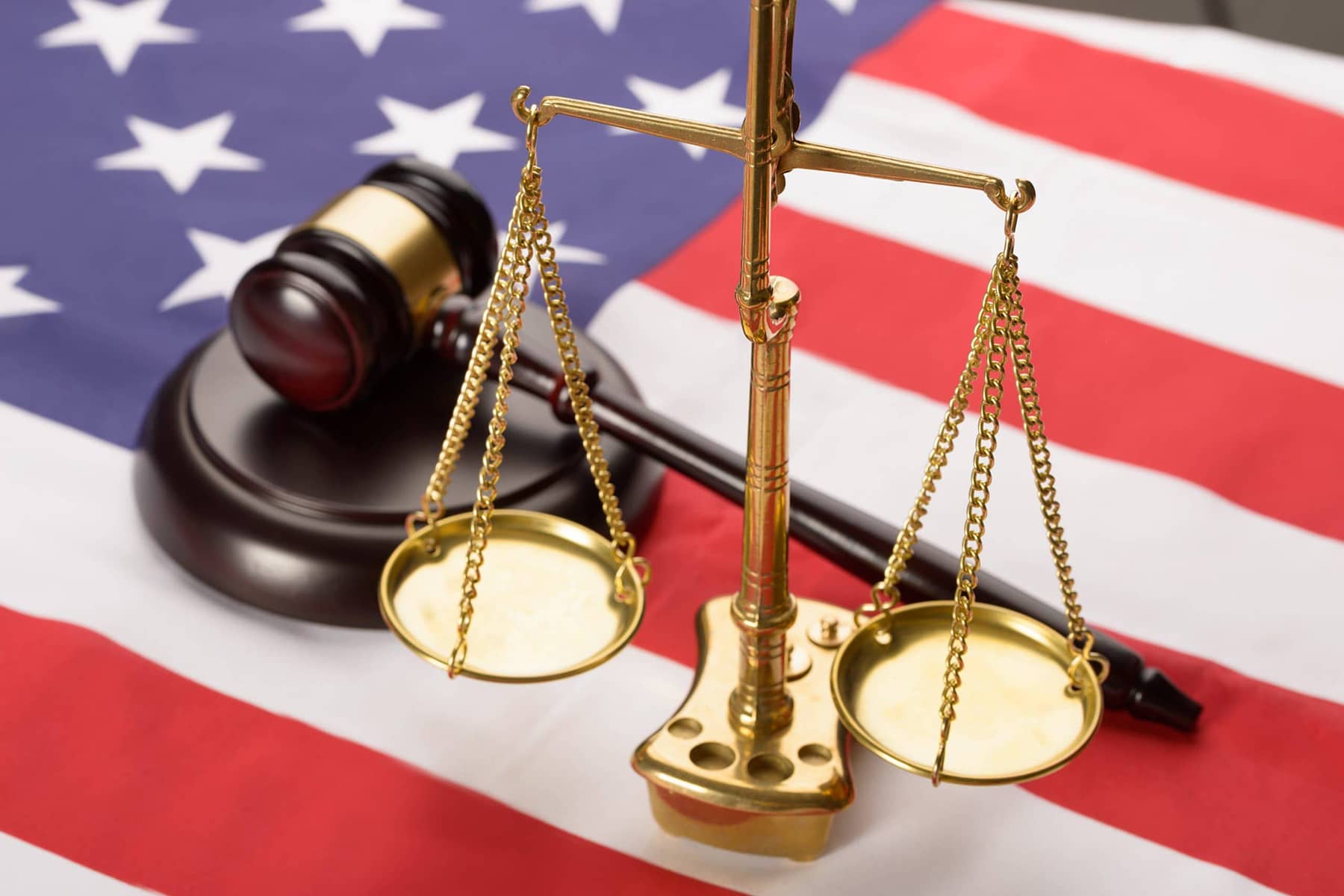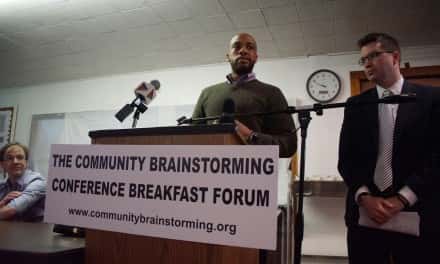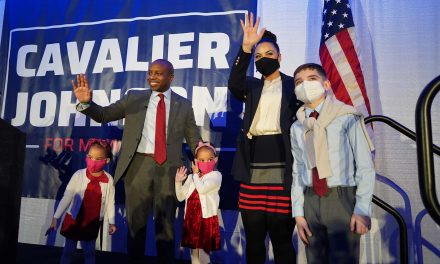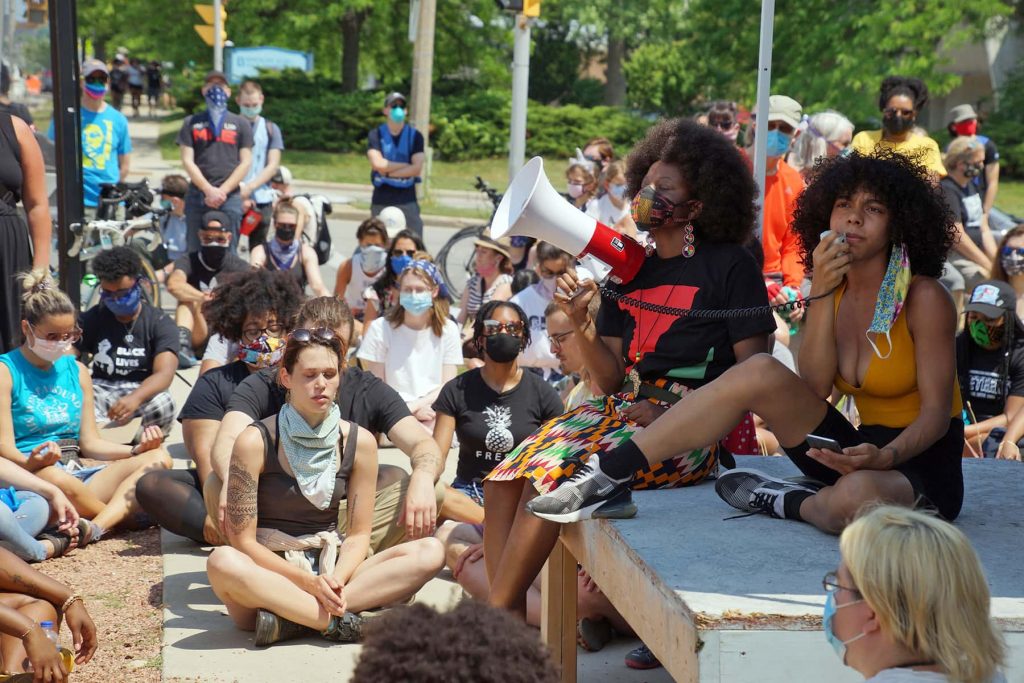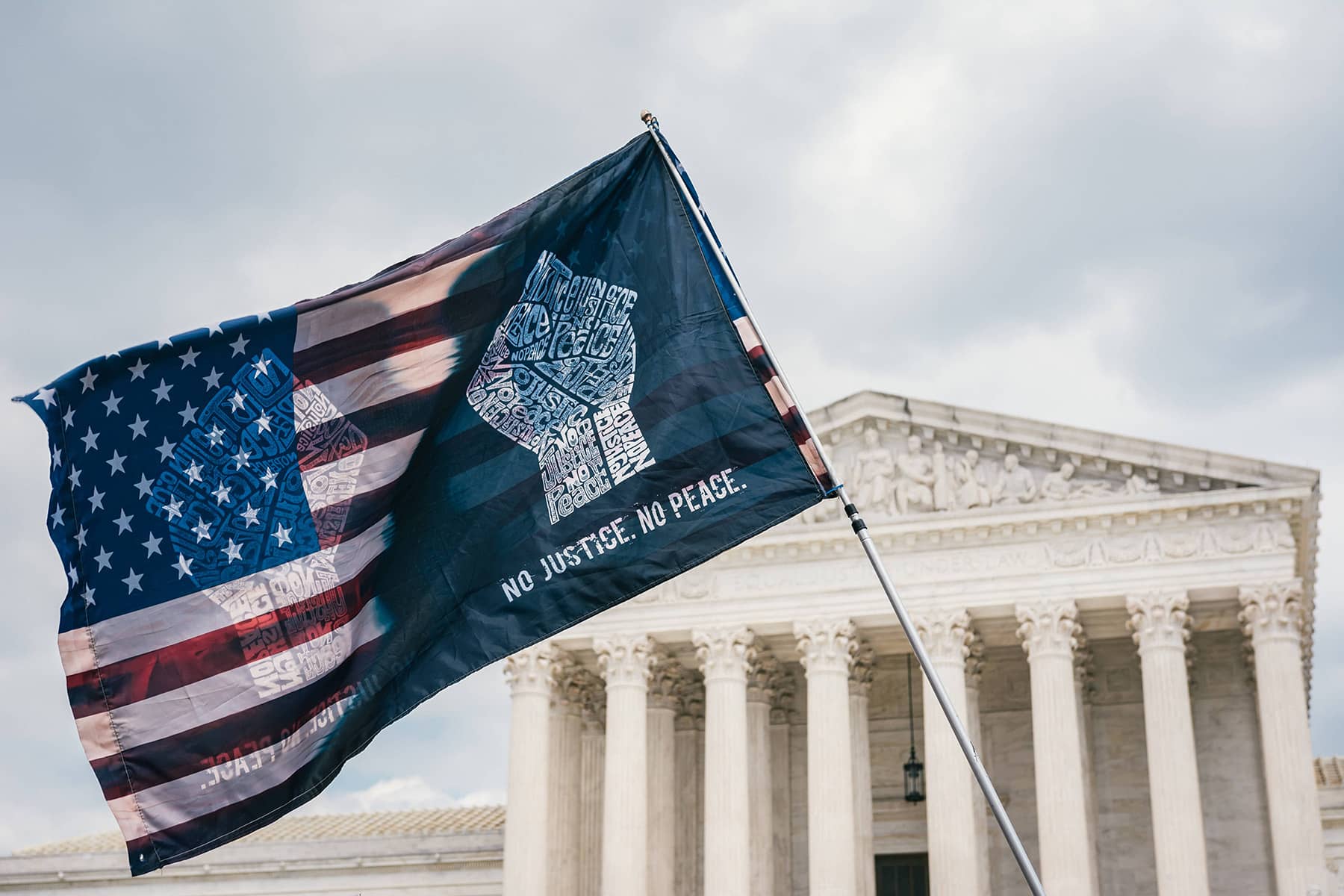
“It has blatantly ignored all law and precedent and usurped from the congress and the people the power to amend the Constitution and from the congress authority to make laws of the land. Its action confirms the worst fears of the motives of the men who sit on its bench and raises a grave question as to the future course of this nation.”
– Georgia Governor Herman Talmadge after 1954 Brown V. Board Supreme Court decision overturning segregated schools (1954)
“It seems like the supreme court is at war with the American people. It’s certainly serving the desires and passions of one third of the country, but it’s completely ignoring the consequences for the vast majority of the country.”
– Lawrence Gostin, a law professor at Georgetown University and director of the World Health Organization’s center on Global Health Law (2022)
When the Supreme Court overturned the Roe v. Wade decision many were taken aback, shocked and disappointed. The response to the decision reminds me of how many people in the South responded to the precedent overturning decision in the Brown v. Board decision on May 17, 1954.
The cases are completely different, but resonated in the same way for supporters and those angry with the decision by the courts in both instances. Overturning precedents is not some new phenomenon. The courts and lawmakers in America have overturned precedents and reversed protections time and time again. Don’t be surprised if other rights won after decades of activism will be reversed as well.
History, or a study of history, can teach us valuable lessons about what the future holds. Lessons learned from the experiences of people of color can illuminate what the path ahead might look like.
The dearth of treaties written, signed and reneged on with Native Americans is a good starting point when looking at a history of promises of rights being broken in America.
“In 1868, the United States entered into the treaty with a collective of Native American bands historically known as the Sioux (Dakota, Lakota and Nakota) and Arapaho. The treaty established the Great Sioux Reservation, a large swath of lands west of the Missouri River. It also designated the Black Hills as “unceded Indian Territory” for the exclusive use of native peoples. But when gold was found in the Black Hills, the United States reneged on the agreement, redrawing the boundaries of the treaty, and confining the Sioux people, traditionally nomadic hunters, to a farming lifestyle on the reservation. It was a blatant abrogation that has been at the center of legal debate ever since.” – Smithsonian Magazine
When the 15th Amendment stated “The right of citizens of the United States to vote shall not be denied or abridged by the United States or by any State on account of race, color, or previous condition of servitude,” it appeared voting rights for Black men were guaranteed in 1870. Almost immediately Southern states found ways to reverse the law or ignore the law and disenfranchise Black men throughout the South. The “rights” guaranteed were just on paper. In the real world, Black men were blocked from voting by whatever coercive means Southern Whites chose, including murder.
The rationale used by the U.S. Supreme Court in the Dobbs v. Jackson case, overturning Roe v. Wade was based on an argument that dissenting justices called unreasonable.
“The lone rationale for what the majority does today is that the right to elect an abortion is not ‘deeply rooted in history’: Not until Roe, the majority argues, did people think abortion fell within the Constitution’s guarantee of liberty. Ante, at 32. The same could be said, though, of most of the rights the majority claims it is not tampering with. The majority could write just as long an opinion showing, for example, that until the mid-20th century, “there was no support in American law for a constitutional right to obtain [contraceptives].” Ante, at 15. So one of two things must be true. Either the majority does not really believe in its own reasoning. Or if it does, all rights that have no history stretching back to the mid- 19th century are insecure. Either the mass of the majority’s opinion is hypocrisy, or additional constitutional rights are under threat. It is one or the other.” – Dissenting opinion in Dobbs v. Jackson Supreme Court Decision
The five justices who voted to end federal abortion protections had to go al the way back to 1868, when the Fourteenth Amendment was passed to make their argument. They argued that abortion rights were “not deeply rooted in history” because at that time, women were not allowed to legally have abortions.
You know what else women weren’t allowed to do in 1868? Vote. Had they been voters when the Constitution was drawn up, laws like the 1849 law outlawing abortions in Wisconsin probably would have never been passed. It was 52 years after the Fourteenth Amendment was passed when women successfully fought and won the franchise. That change was 132 years after the Constitution was ratified on June 21, 1788, and 234 years ago. Let’s do the math. A total of 56.4% of the years after the Constitution became the law of the land, women could not legally vote.
According to the Pew Research Center 61% of Americans support abortion. All it took was five members of the court to tell the American people, we don’t care about public opinion. They cited former Chief Justice Rehnquist in the 1991 Planned Parenthood of Southeastern Pa. v. Casey case, as justification for not listening to public opinion.
“The Judicial Branch derives its legitimacy, not from following public opinion, but from deciding by its best lights whether legislative enactments of the popular branches of Government comport with the Constitution. The doctrine of stare decisis is an adjunct of this duty, and should be no more subject to the vagaries of public opinion than is the basic judicial task.”
The Supreme Court said in 1857, during the infamous Dred Scott v. Sanford case that the Founding Fathers:
“perfectly understood the meaning of the language they used, and how it would be understood by others; and they knew that it would not in any part of the civilized world be supposed to embrace the negro race, which, by common consent, had been excluded from civilized Governments and the family of nations, and doomed to slavery.”
The 1875 Civil Rights Act, which forbid discrimination in the use of “inns, public conveyances, theatres, and other places of public amusement,” was overturned by the Supreme Court in 1883 in the Civil Rights cases. The Court stated, without equivocation, that the Fourteenth Amendment did not permit the federal government to prohibit discriminatory behavior by private parties. This set the stage for the 1896 Plessy v. Ferguson decision by the court which made “separate but equal” the law of the land for nearly six decades.
Courts and lawmakers in this country have given and taken away rights throughout the nation’s history. In 1791 the Naturalization Act stated that citizenship could only be acquired by someone who was a “free White person.” It took until 1868 before Black people were granted citizenship rights. Most Native Americans had to wait until 1924 to gain citizenship rights. As a result of the rule enacted by the Naturalization Act, members of the Asian American community tried to prove they were “White” to gain citizenship.
In 1914, Takao Ozawa, a resident of Hawaii had his application for citizenship denied. This is an excerpt of the ruling by the U.S. Supreme Court:
“The appellant is a person of the Japanese race, born in Japan. He applied, on October 16, 1914, to the United States district court for the territory of Hawaii to be admitted as a citizen of the United States … Including the period of his residence in Hawaii appellant had continuously resided in the United States for twenty years. He was a graduate of the Berkeley, California, high School, had been nearly three years a student in the University of California, had educated his children in American schools, his family attended American churches, and he had maintained the use of the English language in his home. That he was well qualified by character and education for citizenship is conceded … Beginning with the decision of Circuit Judge Sawyer … the Federal and state courts, in an almost unbroken line, have held that the words ‘White person’ were meant to indicate a person of what is popularly known as the Caucasian race … The appellant in the case now under consideration, however, is clearly of a race which is not Caucasian, and therefore belong entirely outside the zone on the negative side …”
Just three years later, in Thind v. United States, the court reversed themselves when, Bhagat Singh Thind, an Asian Indian, categorized as Aryan or Caucasian by scientist at the time was denied citizenship. They ruled in that case that Caucasian was “at best a conventional term, with an altogether fortuitous origin, which under scientific manipulation, has come to include far more than the unscientific mind suspects.” In other words, he was Caucasian but it no longer mattered, because they deemed, in contradiction of their ruling one year prior, that Caucasian did not necessarily mean “White.”
The 1882 Chinese Exclusion Act had barred Chinese from becoming U.S. citizens. The Ozawa and Thind cases reversed a decision from 1898 in United States v. Wong Kim Ark that children born in the United States, even to parents not eligible to become citizens, were citizens under the 14th Amendment. Chinese children born in America were allowed to be citizens despite the 1882 ban.
These are just a few examples. Over a number of years people from Syria, India, and Armenia were deemed “White” by courts and then deemed not “White” by other courts.
As upset as people are about the decision in Dobbs v. Jackson, history teaches us that this reversal of precedent is nothing new. Courts, and lawmakers have consistently contradicted themselves and found often vague justifications for doing so. Anyone who thinks “rights” are written in stone needs a wakeup call. Nothing is guaranteed in law in this country that can’t be reinterpreted by lawmakers and judges. Rights should never be taken for granted.
This present court has shown that precedent is irrelevant. Don’t be surprised to see other hard fought “rights” overturned by this group of conservative justices. Justice Clarence Thomas signaled that he believed the Griswold, Lawrence and Obergefell case should be “reconsidered.”
The Griswold case ruled that married couple could not be denied the use of contraceptives in 1965. The Lawrence case in 2003 ruled that laws punishing people for sodomy were unconstitutional. The 2015 landmark Obergefell case allowed same sex marriages to become legal for the first time. All of these precedents might be in jeopardy. This is what Thomas wrote in his concurrence in the Dobbs case:
“Thus, I agree that ‘[n]othing in [the Court’s] opinion should be understood to cast doubt on precedents that do not concern abortion.’ For that reason, in future cases, we should reconsider all of this Court’s substantive due process precedents, including Griswold, Lawrence, and Obergefell. Because any substantive due process decision is ‘demonstrably erroneous …’”
© Photo
Gаyаtrі Mаlhоtrа

